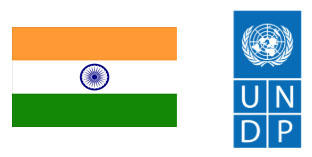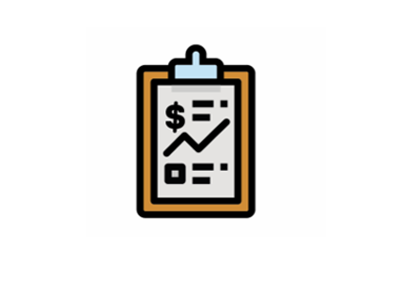India's support to national response

Support to the National Response to contain the impact of COVID-19
Click here to learn more about our efforts to support the emergency response to COVID-19.
Situational Analysis and Strategy
COVID-19 is an unprecedented health and development crisis that jeopardizes India’s tremendous gains in reducing poverty. The epidemic is overloading vulnerable health systems and overtaxing frontline health workers. At the same time, the efforts required to contain its spread have severely impacted lives and livelihoods and stalled economic activity. As a consequence, informal workers, people who are on the fringes, and those living in poverty are highly vulnerable to falling into poverty or facing deepening poverty, hunger, illness, homelessness and social stigma. The crisis is likely to have long term consequences on reducing poverty and inequality, threatening India’s impressive achievement of lifting 271 million people out of multidimensional poverty between 2006 and 2016, and further impoverishing the nearly 300 million people who continue to live in poverty. The economic slowdown is also severely impacting the informal sector which accounts for more than 85% of the workforce, including tens of millions of migrant workers. As a result, vulnerable communities are facing immense social and economic burdens that are likely to aggravate pressures on families, increase the burden of care giving on women, and increase vulnerability to gender-based violence and family violence. To mitigate the consequences of the crisis, the Government of India has taken proactive action to prevent new infections, provide care and treatment, support economic relief and ensure delivery of basic services and essential commodities, including through a USD 22.5 billion relief package..
Areas of interventions
UNDP India is supporting three priorities in support of Government responses and in line with the global UNDP Integrated Response to COVID-19 and the UN in India Programmatic Response to COVID-19. These include supporting health systems; addressing social and economic impacts; and supporting multisectoral coordination and inclusive responses.

Supporting Health Systems
UNDP is helping to strengthen health systems by procuring urgently needed health and medical supplies, advising on management of biomedical waste and supporting capacity building of health workers to respond to COVID-19, based on requests from State Governments. Working in collaboration with WHO, UNDP is drawing on its extensive presence across states and leveraging its network of 700 staff that support Government health projects in 30 States. This support includes procuring medical supplies including ventilators and personal protective equipment, establishing real time tracking systems for managing supply chains for essential health commodities, and providing technical support on efficient management of biomedical waste in collaboration with WHO.

Addressing Social and Economic Impacts
UNDP is supporting analysis of the social and economic impacts of COVID-19 to inform policy and programming and strengthening access to social protection to mitigate impacts of the crisis. In collaboration with State Governments, civil society organizations, the private sector and UN agencies, this approach is prioritizing vulnerable communities including the urban poor, tribal communities, marginalized women and youth, disadvantaged castes and groups, waste collectors, construction workers and migrants and returnees. This support includes expanding reach of social protection schemes and entitlements to marginalized individuals and families, facilitating access to local skilling and job opportunities for vulnerable women and youth, restoring livelihoods opportunities for women microentrepreneurs and farmers' and artisans' collectives, supporting State Governments in developing inclusive economic recovery plans, and reviewing SDG plans and indicator frameworks to account for COVID impacts.

Supporting multisectoral coordination and inclusive responses
UNDP is collaborating with State Governments, civil society and private sector partners to assist in planning and coordination of response and recovery efforts and strengthen community outreach. Drawing on its experience in supporting governance institutions and building resilience, UNDP is promoting inclusive outreach to vulnerable populations and supporting innovative communication to raise awareness. This includes supporting State Governments on multisectoral planning and coordination of COVID-19 responses, generating awareness through community outreach and social media, addressing stigma and discrimination and gender-based violence, and building capacity of community groups to provide psychosocial support.
Financial Resources
UNDP is leveraging its extensive programmes and partnerships in India and drawing on its global network and expertise to support the response to COVID-19. The aim is to support the Government of India and State Governments in strengthening and accelerating a whole of society approach and response, working in collaboration with UN, private sector, civil society and development partners. UNDP is also actively working with partners on mobilizing resources for the short and long term needs of the crisis, including preparing for and protecting people from the pandemic and its impacts; responding to the outbreak; and recovering from the economic and social impacts in the months to come.
Areas of Intervention |
Budget |
Resources allocated |
Resources to be mobilized |
Supporting health systems |
$4,000,000 |
$2,400,000 |
$1,600,000 |
Addressing social and economic impacts |
$5,500,000 |
$3,000,000 |
$2,500,000 |
Supporting multisectoral coordination and inclusive responses |
$1,500,000 |
$800,000 |
$700,000 |
Total |
$11,000,000 |
$6,200,000 |
$4,800,000 |

 Locations
Locations